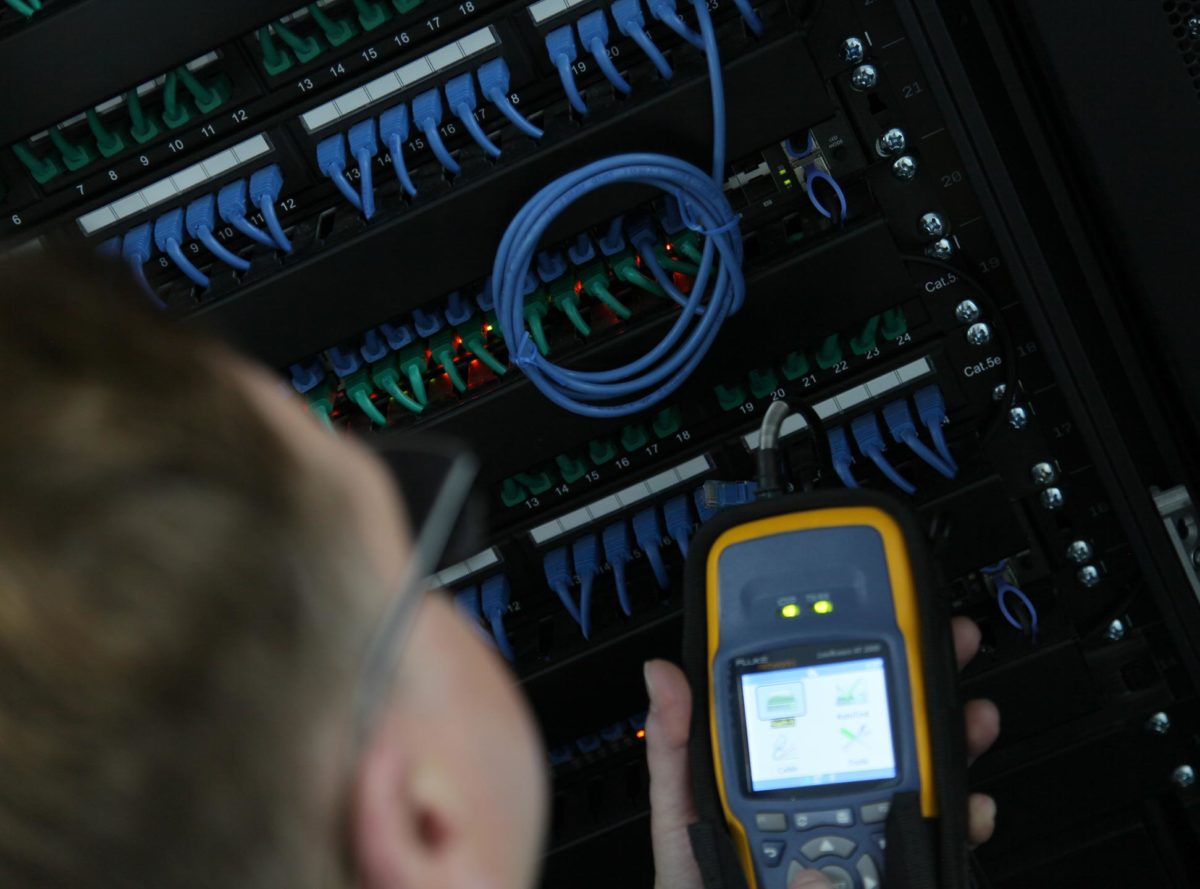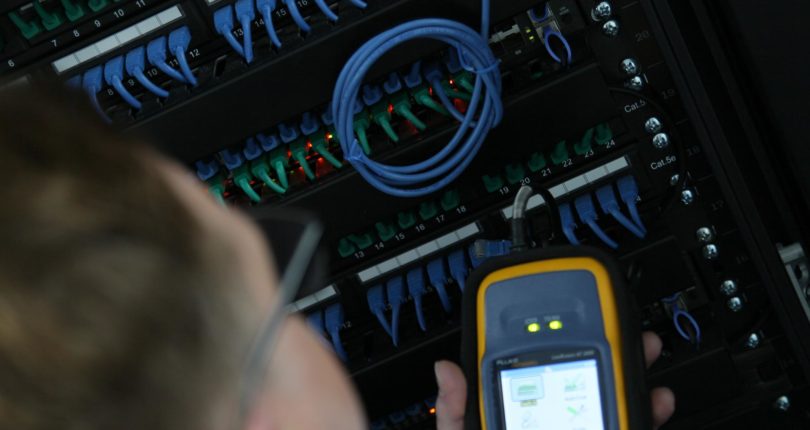The importance of rebooting your router regularly and the benefits to your business
Interruptions to your Wi-Fi connection can be costly for your business. If you experience delays in loading web pages or accessing your emails, or your screen keeps freezing during an online meeting, your productivity rate suffers along with your bottom line. But fixing the problem can be easier than you think. It may simply be time to reboot your router. …

What is a router and what does a router do?
A router is basically a mini computer. It has the same main components: an operating system, a central processor and memory. The router connects your remote (not hard-wired) devices to the internet by creating a private wireless network. However, it needs the help of a modem to create the direct connection to the internet.
Think of it as creating a two-way conversation between the devices and the internet. The modem converts the signal from your ISP (internet service provider) so that your devices and router can understand what is required, and the same in the other direction from your devices and router to the internet. Your Wi-Fi access is the result of the router and modem working together.
Why should I reboot my router?
In short, your router has a lot to do! Routers can begin to underperform due to handling a large amount of traffic, bugs in the firmware, IP address conflicts when more than one device on a network is using the same IP address, or it can simply overheat. And in most cases it is left on 24/7 so it’s no surprise that it sometimes needs a reboot.
Improved Wi-Fi speed and resolved connectivity issues
Rebooting your router will resolve connectivity issues and restore your Wi-Fi speed which may have been affected by bugs or issues with the software. A high volume of download requests from multiple devices can result in your router running out of memory and consequently slowing down. A reboot will reset your memory storage and create a clearer internet connection that resolves problems such as range limits and dead zones where it isn’t possible to connect to the Wi-Fi.
Cybersecurity
Regularly rebooting your router is good cybersecurity practice. Each reboot installs the latest operating system and firmware updates that provide a key defence against cyberattacks. A reboot also changes your IP address which a hacker may have been using to gain access to your data.
Investigating connectivity or Wi-Fi speed issues
By rebooting your router as a first point of action you might avoid more intrusive and time-consuming investigations that aren’t necessary to resolve the issues.
Overheating
A reboot will remove the electrical currents from the router and cool it down which will improve its performance.
How do I reboot my router?
There are a few ways you can reboot your router
Firstly, you can ‘power cycle’ your router by unplugging it from the electricity socket and waiting for 30 seconds before plugging it back in. The 30 second wait is important to ensure that every bit of memory is drained from the router before switching back on.
Secondly, you can use the router’s manufacturer app if it has one.
Thirdly, you can use the router’s web interface by accessing ‘Advanced’ or ‘Administration’ and keying in your IP address.
How often should I reboot my router?
Rather than wait until your router starts causing problems, a monthly or bi-monthly router reboot will help maintain its optimal performance. Some routers allow for reboot scheduling at convenient times, maybe in the middle of the night.
Is it time to replace your router?
If your router is more than five years old it may be time to replace it with an updated model.
E2E is a managed IT support provider. We can advise you on any router problems you may be experiencing and which would be a suitable replacement to ensure you are receiving the best possible Wi-Fi connection needed to achieve expected productivity levels.
Get in touch with the E2E Technologies team about this or any other IT issue.



